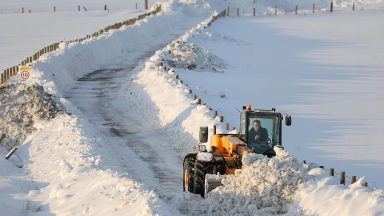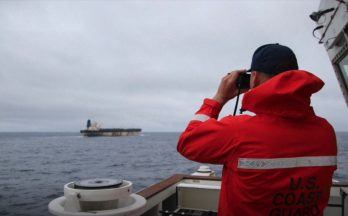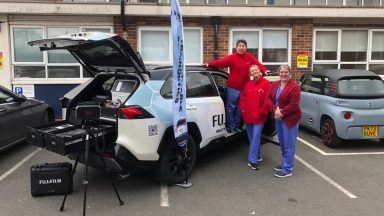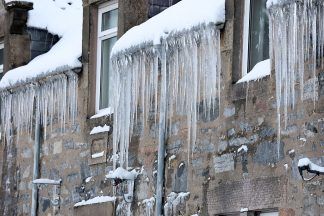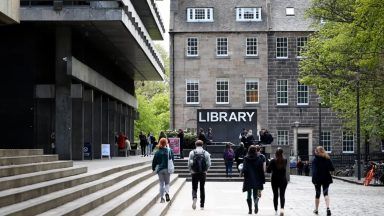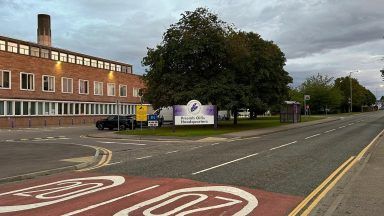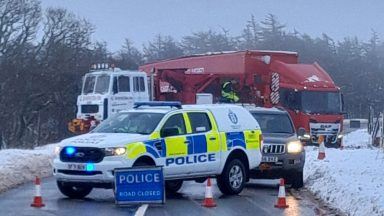People in Orkney and North East Scotland are being asked to look out for greylag geese with special GPS collars as part of an international project to understand more about the birds.
NatureScot and the Icelandic Institute of Natural History are working together to gain a better understanding of the current migration patterns for Icelandic greylag geese.
The birds are known to spend the summer in Iceland and winter almost exclusively in the UK, particularly in Orkney and North East Scotland.
Experts are now looking to find out whether the birds are wintering in new places and being missed during the annual population counts in November.
Icelandic greylag geese are shot to limit damage to agriculture and for sport in both Iceland and Scotland.
The resident British population is also controlled at several sites, including on Orkney, to reduce damage to crops.
Counts suggest numbers of Icelandic geese have recently declined, and as a result the population is considered at risk.
However, mathematical modelling using the annual cull data from Iceland suggests the population could be up to four-and-a-half times bigger.
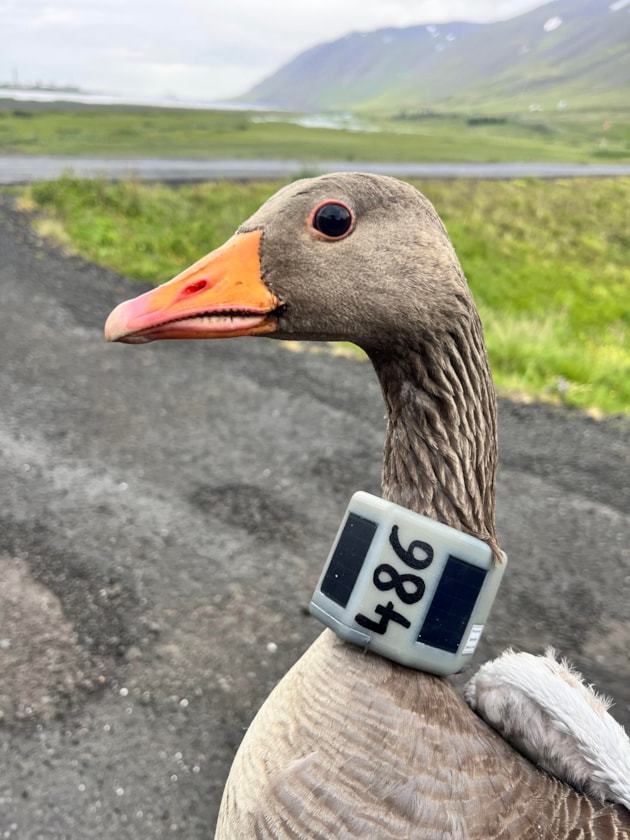 Icelandic Institute of Natural History
Icelandic Institute of Natural HistoryTo investigate further, 80 GPS collars will be attached to greylag geese in Iceland this summer and next.
The data captured from these collars will show where these birds are spending the winter.
Alastair MacGugan, NatureScot wildlife management manager, said: “We hope that comparing the GPS data and the annual goose counts will help improve our understanding of the size of the population.
“This will feed into the plan that Iceland and the UK are developing to ensure a healthy population and its sustainable use.
“People in Orkney and North East Scotland can help this vital project by looking out for these GPS collars.
“We’d ask anyone who finds a collar on a dead bird or shoots a greylag goose with a collar to please get in touch with their local NatureScot office so that it can be retrieved.”
Birds with collars will also have leg rings. Members of the public are also being asked to report the leg ring from any shot or found dead birds to the British Trust for Ornithology using this link.
To report a collar to the local NatureScot office, please email: NORTH@nature.scot
Follow STV News on WhatsApp
Scan the QR code on your mobile device for all the latest news from around the country


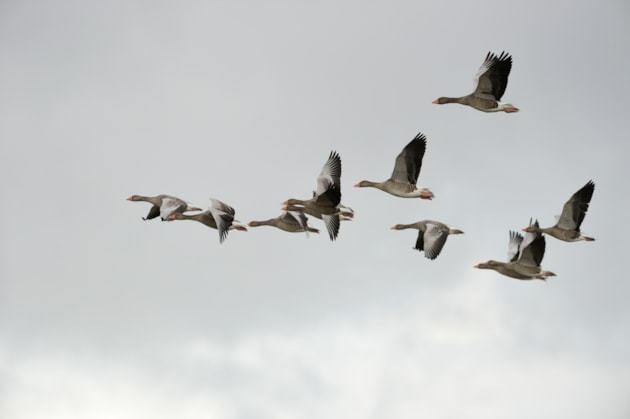 NatureScot
NatureScot

